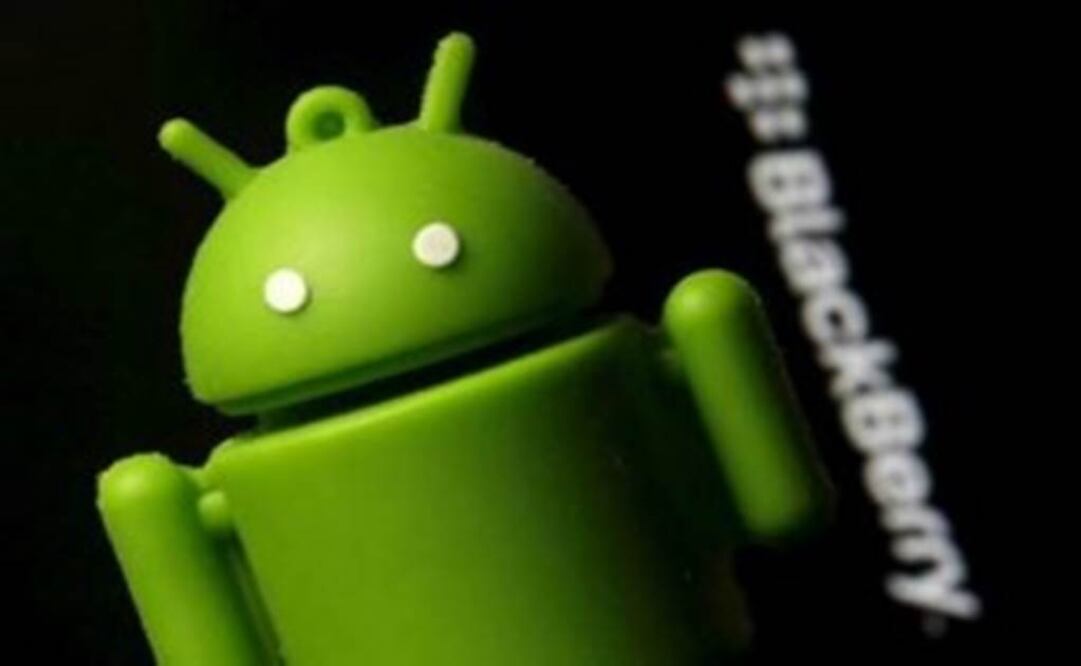BlackBerry is considering equipping an upcoming smartphone with Google Inc.'s Android software for the first time, an acknowledgement that its revamped line of devices has failed to win mass appeal, according to four sources familiar with the matter.
The move would be an about-face for the Waterloo, Ontario-based company, which had shunned Android in a bet that its BlackBerry 10 line of phones would be able to claw back market share lost to Apple's iPhone and a slew of devices powered by Android.
The sources, who asked not to be named as they have not been authorized to discuss the matter publicly, said the move to use Android is part of BlackBerry's strategy to pivot to focus on software and device management. BlackBerry, which once dominated smartphone sales, now has a market share of less than 1 percent.
It is not clear whether a move to use Android would spell the end of the company's BlackBerry 10 line of devices that were initially launched to much fanfare in early 2013. After positive early reviews, the late-to-launch BlackBerry devices haven't competed well with Android or Apple, mainly due to a lack of big name apps.
"We don't comment on rumors and speculation, but we remain committed to the BlackBerry 10 operating system, which provides security and productivity benefits that are unmatched," said the company in an email.
A Google spokeswoman declined to comment.
BlackBerry Chief Executive John Chen is banking on the company's new device management system, BES12, that allows corporate and government clients to not only manage BlackBerry devices on their internal networks, but also devices powered by Android, Apple's iOS platform and Microsoft Corp's Windows operating system.
One of the hurdles it faces in that transformation is convincing big customers that its device management software works across many different platforms.
Two sources said that by launching an Android-based device of its own, BlackBerry would be sending a signal to skeptics that it is confident that the BES12 system can not only manage, but also secure smartphones and tablets powered by rival operating systems.
Noticias según tus intereses
[Publicidad]
[Publicidad]














